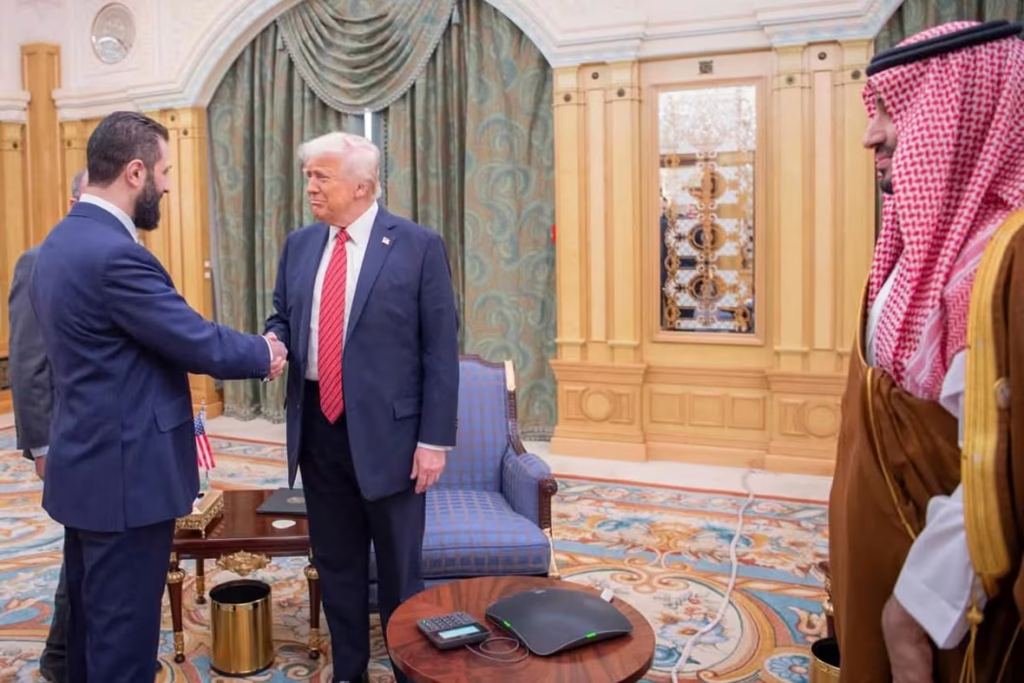As Bihar enters the crucial phase of the 2025 election campaign, political temperature is rising across the state. With Prime Minister Narendra Modi kicking off a high-voltage campaign, the Bharatiya Janata Party (BJP) is shifting gears to energize its voter base. Simultaneously, its ally Janata Dal (United), or JD(U), is navigating turbulent waters, especially among the Muslim electorate, following the recent controversy over the proposed amendments to the Waqf law.
Modi’s Bihar Visit: Symbolic and Strategic
Prime Minister Modi’s visit marks a major milestone in the BJP’s election blueprint. Addressing massive rallies in Patna, Gaya, and Muzaffarpur, Modi focused on themes of development, national security, and cultural heritage, while subtly attacking the opposition’s record on corruption and minority appeasement.
Key Highlights of Modi’s Campaign:
- Emphasis on “Viksit Bihar” (Developed Bihar): Modi promised accelerated infrastructure development, youth employment, and women empowerment.
- Hindutva and Cultural Nationalism: The speeches subtly linked the BJP’s nationalistic agenda to Bihar’s ancient heritage, invoking figures like Chanakya and Guru Gobind Singh.
- Targeted Attacks on RJD and Congress: Modi accused opposition parties of “vote-bank politics” and failing to uplift backward communities.
Modi’s campaign is not only energizing BJP workers but also shaping the narrative around a “double-engine sarkar”, highlighting coordinated governance between the Centre and the state.
JD(U)’s Balancing Act: Managing Muslim Sentiments
While the BJP focuses on mobilizing its core voter base, JD(U) is engaged in damage control, especially among Muslim voters who form nearly 17% of Bihar’s population. The reason: growing unrest due to the proposed changes in the Waqf Act, which many believe will undermine community rights over religious properties.
What Triggered the Controversy?
The central government, with JD(U)’s tacit backing, introduced draft amendments to the Waqf Act, which include:
- Mandatory geo-tagging of Waqf properties.
- Increased government oversight on property use.
- Powers to override Waqf Board decisions deemed ‘non-transparent.’
These proposals sparked widespread discontent in the Muslim community, particularly among religious leaders and organizations who view it as an infringement on religious autonomy.
JD(U)’s Ground-Level Response:
Chief Minister Nitish Kumar and key JD(U) leaders have launched extensive outreach programs:
- Closed-door meetings with Imams and Waqf board members to clarify the government’s position.
- Public assurances that the final version of the law will protect community rights.
- Deployment of Muslim leaders within JD(U) to mitigate backlash in key minority-dominated constituencies like Kishanganj, Araria, and Darbhanga.
Political Implications and Strategy Shifts
The current political dynamics suggest a tactical divergence between the two allies. While BJP doubles down on nationalism and development, JD(U) is keen on retaining its traditional social coalition of Extremely Backward Castes (EBCs), Dalits, and Muslims.
Key Election Takeaways:
- Minority votes may swing results in over 40 constituencies.
- BJP may benefit from a polarized Hindu vote, especially if communal narratives gain traction.
- JD(U)’s success hinges on how effectively it addresses Muslim anxieties and ensures coalition unity.
Opposition Gaining Ground?
Meanwhile, the Rashtriya Janata Dal (RJD) and Congress are not sitting idle. Tejashwi Yadav has criticized both BJP and JD(U) for their “double standards” on minority rights and accused Nitish Kumar of “compromising secularism” for power. The opposition is also running an aggressive campaign on price rise, unemployment, and agrarian distress.
Conclusion: A Tightrope Walk to 2025
As Bihar heads toward a heated electoral battle, the BJP-JD(U) alliance faces a dual challenge: energizing its core base while avoiding alienation of crucial voter segments. PM Modi’s powerful rhetoric is likely to dominate headlines, but it is JD(U)’s grassroots outreach and damage control that may determine the final outcome.
The Waqf law issue has added a new layer of complexity to Bihar’s caste-community based electoral arithmetic, making this one of the most closely watched state elections in recent years.

